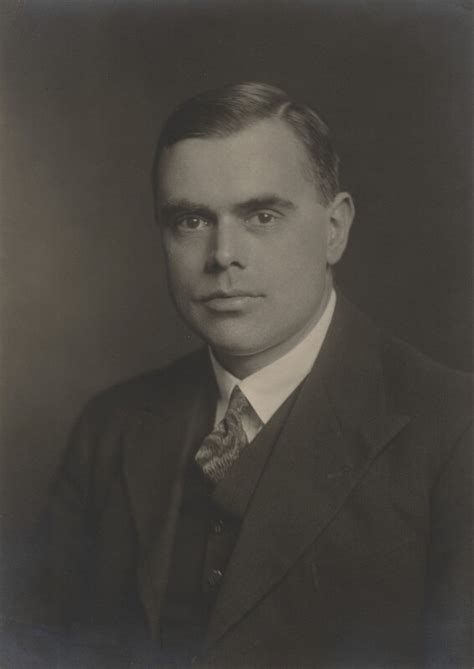A Quote by Raoul Vaneigem
Everything has been said yet few have taken advantage of it. Since all our knowledge is essentially banal, it can only be of value to minds that are not.
Quote Topics
Related Quotes
We have heard of a Society for the Diffusion of Useful Knowledge. It is said that knowledge is power, and the like. Methinks there is equal need of a Society for the Diffusion of Useful Ignorance, what we will call Beautiful Knowledge, a knowledge useful in a higher sense: for what is most of our boasted so-called knowledge but a conceit that we know something, which robs us of the advantage of our actual ignorance? What we call knowledge is often our positive ignorance; ignorance our negative knowledge.
Since the branch of philosophy on which we are at present engaged differs from the others in not being a subject of merely intellectual interest — I mean we are not concerned to know what goodness essentially is, but how we are to become good men, for this alone gives the study its practical value — we must apply our minds to the solution of the problems of conduct.
Our children lost our direction because they have been compromised. They have found freedom at the ballot box, and then they have taken on plastic chains around their minds and souls and mortgage their future on credit cards. They have to learn better - they have to learn the value of ideas and health as opposed to wealth.
It seems plain and self-evident, yet it needs to be said: the isolated knowledge obtained by a group of specialists in a narrow field has in itself no value whatsoever, but only in its synthesis with all the rest of knowledge and only inasmuch as it really contributes in this synthesis toward answering the demand, "Who are we?"
It is only when we want to take our lives out of the Father’s hands and have them under our own control that we find ourselves gripped with anxiety. The secret of freedom from anxiety is freedom from ourselves and abandonment of our own plans. But that spirit emerges in our lives only when our minds are filled with the knowledge that our Father can be trusted implicitly to supply everything we need.
The most important thing is practice in daily life; then you can
know gradually the true value of religion. Doctrine is not meant for
mere knowledge, but for the improvement of our minds. In order to do
that, it must be part of our life. If you put religious doctrine in
a building and when you leave the building depart from the practices,
you cannot gain its value.
Freedom from labor itself is not new; it once belonged among the most firmly established privileges of the few. In this instance, it seems as though scientific progress and technical developments had been only taken advantage of to achieve something about which all former ages dreamed but which none had been able to realize.
Perhaps the most surprising thing about mathematics is that it is so surprising. The rules which we make up at the beginning seem ordinary and inevitable, but it is impossible to foresee their consequences. These have only been found out by long study, extending over many centuries. Much of our knowledge is due to a comparatively few great mathematicians such as Newton, Euler, Gauss, or Riemann; few careers can have been more satisfying than theirs. They have contributed something to human thought even more lasting than great literature, since it is independent of language.
Even those who have desired to work out a completely positive philosophy have been philosophers only to the extent that, at the same time, they have refused the right to install themselves in absolute knowledge. They taught not this knowledge, but its becoming in us, not the absolute but, at most, our absolute relation to it, as Kierkegaard said. What makes a philosopher is the movement which leads back without ceasing from knowledge to ignorance, from ignorance to knowledge, and a kind of rest in this movement.







































